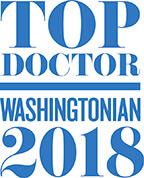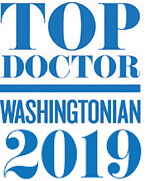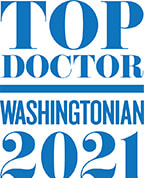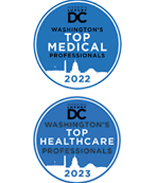Author: Sushil K. Jain, O.D., See Clearly Vision
Many pre-teens and teenagers don’t want to wear glasses for various and assorted reasons. Contact lenses can be a healthy option for pre-teens in order to build their self-esteem, and in some cases see more clearly.
Before prescribing contact lenses to a teenager, the child’s ability to wear and take care of them must be assessed. While it is necessary and safe for many infants & toddlers with severe refractive errors wear contacts, some teenagers shouldn’t wear them due to a lack of responsibility. In other words, each case is different and communication between eye care provider and parent is paramount. The following information will help you decide whether contact lenses are a good idea for your child.
The appearance of a teen and his self-esteem are closely related. To that end, many pre-teens would rather wear contacts than glasses. If they don’t like the way they look in glasses, it can affect their personality, their performance in school, and overall social interactions. The use of contact lenses has been shown to increase a child’s esteem and many shy children will actually overcome their shy behavior.
Children that wear glasses sometimes have a hard time participating in sports activities. This is because they aren’t comfortable playing with glasses, and can’t see when they take them off. An alternative is to wear sports goggles. Even if your child is wearing high safety standard eyeglass lenses, if the frame breaks, an eye injury can occur. These safety goggles can decrease peripheral vision because they are customarily thick and bulky on the sides. With contact lenses, he or she will gain greater peripheral vision which can enhance performance in their sport. They can choose to wear protective goggles, but wearing them is not required as it was before.
There are a few different types of contact lenses. You will find that some are more cost-effective than others. Monthly replacement lenses are slightly less expensive than two week replacement, which is slightly less expensive than daily disposable lenses. For those patients that only use lenses occasionally, daily disposables are the best and most cost-effective. Many teenagers are prescribed daily lenses as they require less time for cleaning which can make them safer.
Unlike soft contacts, gas permeable contact lenses are made of a firm plastic material that retains its shape. This means they’re easy to clean without tearing or scratching, and they generally last longer than soft contacts or glasses. These lenses are often used in special circumstances and are not standard in most eye care professional’s offices. However, they do benefit those needing them and provide very clear vision. They can be uncomfortable in the beginning and may take some time to get used to.
Most eye care professionals report great results with kids and contact lenses. They find that kids of all ages usually take contact lens wear seriously and are more likely to take care of them, even better than some adults. Most eye doctors will not prescribe contact lenses for pre-teens if it’s determined they aren’t ready for them, or who don’t have a good reason to wear them. If a child doesn’t take good care of them, the eye doctor will no longer prescribe contact lenses for the child, understanding the maintaining good ocular health is of the utmost importance.



















